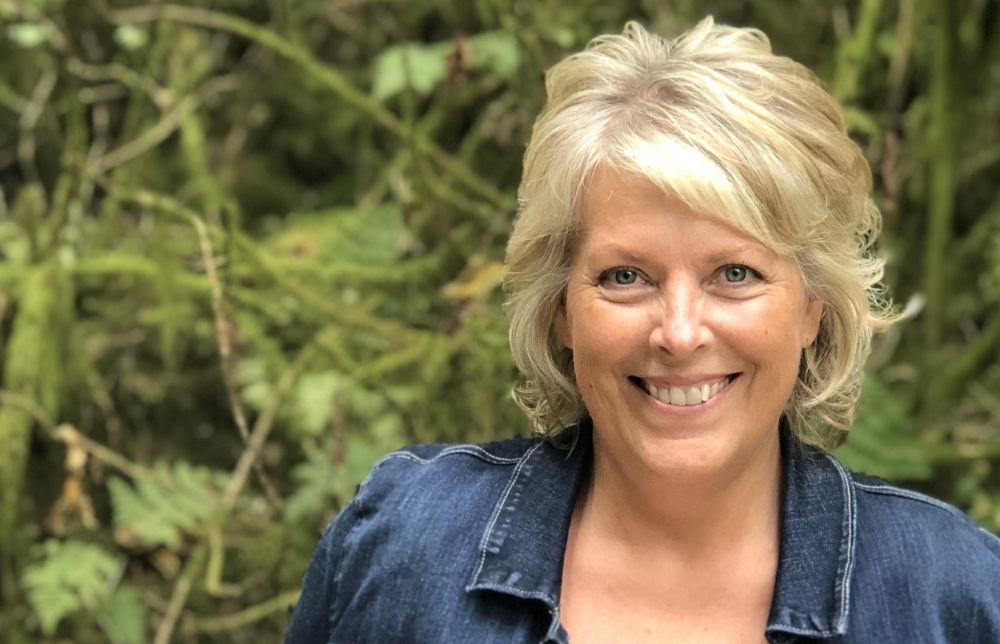Minnesota’s cannabis regulators say they are developing an interagency plan to crack down on hemp retailers who are exploiting a legal loophole to pass off marijuana buds as industrial hemp.
The state’s Office of Cannabis Management (OCM) said it suspects that some hemp shops and smoke shops have been selling raw cannabis flower that might exceed the state’s limit of 0.3% delta-9 THC – essentially making it marijuana.
The OCM said it is exploring the possibility that inspectors from the Office of Medical Cannabis and the Department of Agriculture can assist in policing sales of the illicit products.
The hemp bud sellers have jumped ahead of the opening of Minnesota’s recreational marijuana market scheduled for next year under House File 100 (HF 100). That law started the process of legalization by decriminalizing possession and the growing small amounts beginning Aug. 1, 2023. But retail sales are still blocked until cannabis management officials at the OCM draft rules and issue licenses.
Responsibilities
The Minnesota Department of Agriculture is responsible for regulating the cultivation and production of industrial hemp, including rules enforcement, licensing and inspection.
Currently, hemp-derived CBD and other cannabinoid products are regulated by the Minnesota Department of Health under a registration program. While authority for those products is to be transferred to the OCM on March 1, 2025, current rules do not make clear that OCM has – or will have – any sway over raw hemp flowers.
OCM said it has not acted against such sales or even tested the questionable hemp flower products because jurisdiction over raw cannabis buds rests with the Office of Medical Cannabis, a separate agency established to set up the legal medical marijuana market in 2015.
Enforcement
Charlene Briner, the OCM’s interim director, told MinnPost.com that her agency “is evaluating how to leverage existing enforcement capacity at the Office of Medical Cannabis to act on OCM’s behalf and how we can develop capacity to test raw cannabis flower.”
The regulatory loophole became public late last year when the state’s medical cannabis office said its inspectors suspected that some of the raw cannabis products in some shops were marijuana and not hemp.
The Minnesota state legislature could solve the problem of illegal sales of high-THC flowers in hemp and smoke shops by amending the law. However, officials said that if interagency agreements are set up between the OCM and the Office of Medical Cannabis, such a change in the law would be unnecessary.
Intoxicating hemp OK
While officials appear poised to crack down on questionable raw flower products for their THC content, HF 100 legalized products containing delta-8 THC and other intoxicating cannabinoids derived from industrial hemp, and allows such products to be widely available to consumers.
By legalizing the controversial synthetic compounds, Minnesota has broken with most other states in the U.S., where authorities are struggling to reign in the CBD-based psychoactive products.
Such products, which remain unregulated at the federal level and are considered controlled substances by the Drug Enforcement Administration, have proliferated in convenience stores and other common retail outlets across the country.
Federal lawmakers failed to account for synthetic forms of THC produced from CBD when they legalized hemp through the 2018 Farm Bill. Producers have argued that because the Farm Bill made hemp and its downstream products legal, delta-8 and other psychoactive compounds made from CBD are therefore also legal.
Opponents suggest the 2018 Farm Bill never intended hemp to be used to make psychoactive compounds and that nefarious players are exploiting the bill’s language to sell highly potent synthetic THC products that are often rife with contaminants, inaccurately labeled, and marketed in manners that could be appealing to children.
Read the full article here

